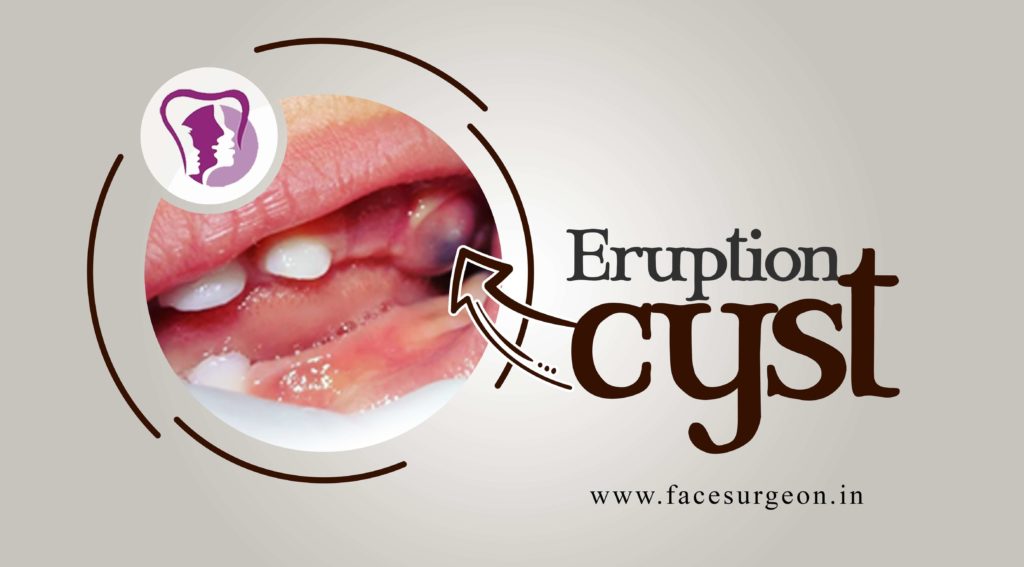Molar Implants: Get Permanent Tooth Replacement
Dental implants have revolutionized the field of dentistry, providing patients with a reliable and long-lasting solution for missing teeth. Among the various types of dental implants, molar implants are designed to replace missing molars, which are crucial for chewing and maintaining the overall structure of the mouth. In this comprehensive guide, we will delve into the world of molar implants, exploring their benefits, the procedure, and what to expect during the recovery process.
Understanding Molar Implants
Molar implants are a type of dental implant specifically designed to replace missing molars. These implants are typically larger and stronger than those used for front teeth, as they need to withstand the considerable forces generated during chewing. A molar implant consists of three main components: the implant itself (a titanium screw that is inserted into the jawbone), the abutment (a connector that attaches the implant to the crown), and the crown (the artificial tooth that is visible above the gum line).
Benefits of Molar Implants
The benefits of molar implants are numerous, making them an attractive option for individuals seeking a permanent tooth replacement solution. Some of the key advantages include:
- Durability: Molar implants are designed to last for many years, often for a lifetime, with proper care and maintenance.
- Natural Appearance and Feel: The crowns used in molar implants are crafted to match the color, shape, and size of your natural teeth, ensuring a seamless integration into your smile.
- Improved Chewing Ability: By replacing missing molars, these implants restore your ability to chew food properly, which is essential for good digestion and overall health.
- Bone Preservation: The presence of an implant stimulates the jawbone, preventing bone loss that can occur when a tooth is missing.
- Enhanced Confidence: Knowing that your smile is complete and natural-looking can significantly boost your self-confidence.
The Procedure for Molar Implants
The process of getting a molar implant involves several steps, typically spread over a few months. Here is a general overview of what you can expect:
Consultation and Planning: Your journey begins with a consultation with a dental implant specialist. This involves discussing your suitability for the procedure, reviewing your dental and medical history, and creating a personalized treatment plan.
Implant Placement: The first surgical procedure involves placing the titanium implant into the jawbone under local anesthesia. The gum is then closed over the implant, and it is left to heal and integrate with the bone for several months.
Abutment Placement: Once the implant has integrated, a second minor surgery is performed to attach the abutment to the implant. The gum is reopened to access the implant, and the abutment is securely attached.
Crown Creation and Attachment: An impression of the abutment is taken, and a crown is crafted to fit perfectly over it. The crown is then attached to the abutment, completing the molar implant.
Recovery and Aftercare
The recovery process after molar implant surgery is generally smooth, with most patients able to resume their normal activities within a day or two. However, it’s essential to follow your dentist’s instructions for aftercare to ensure proper healing and to minimize the risk of complications. Some key points to remember include:
- Pain Management: Mild discomfort and swelling are common but can usually be managed with over-the-counter pain relievers.
- Diet: Stick to a soft-food diet for a few days to avoid discomfort and allow the healing process to begin.
- Oral Hygiene: Keep the implant site clean, but be gentle to avoid irritating the gums.
- Follow-Up Appointments: Attend all scheduled appointments with your dentist to monitor the healing process and address any concerns.
Cost Considerations
The cost of molar implants can vary widely depending on several factors, including the location, the expertise of the dentist, the materials used, and the complexity of the procedure. While they may seem like a significant investment upfront, molar implants can be more cost-effective in the long run compared to other tooth replacement options that may need to be replaced or adjusted over time.
Conclusion
Molar implants offer a viable and appealing solution for individuals looking to replace missing molars with a durable, natural-looking, and functioning tooth. With their numerous benefits and the advanced technology behind them, it’s no wonder that dental implants have become the gold standard in tooth replacement. As with any dental procedure, it’s crucial to consult with a qualified professional to discuss your specific needs and determine if molar implants are the right choice for you.
How long does the molar implant procedure take from start to finish?
+The entire process, from the initial consultation to the final placement of the crown, can take anywhere from 3 to 9 months, depending on the individual's healing process and the complexity of the case.
Are molar implants covered by insurance?
+Insurance coverage for molar implants varies widely depending on the policy and provider. Some insurance plans may cover part or all of the procedure, while others may not cover it at all. It's best to check with your insurance provider to understand your coverage.
Can anyone get a molar implant, or are there certain requirements or restrictions?
+While molar implants are a viable option for many, there are certain requirements and restrictions. Ideal candidates should have good overall health, sufficient bone density in the jaw to support the implant, and a commitment to good oral hygiene. Smoking and certain medical conditions can affect the success of the implant, so it's crucial to discuss these factors with your dentist.
Molar implants represent a significant advancement in dental technology, offering individuals a second chance at a complete, healthy, and beautiful smile. By understanding the benefits, procedure, and what to expect, you can make an informed decision about whether molar implants are right for you. Remember, the journey to a fuller smile starts with a consultation, and the end result can be truly life-changing.
